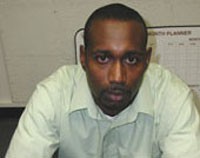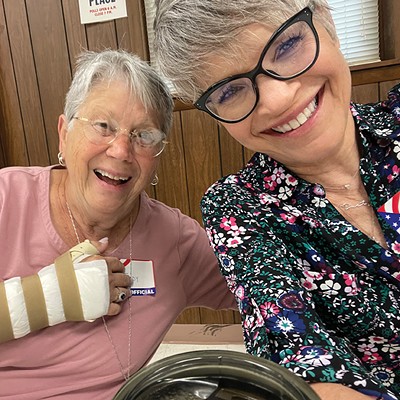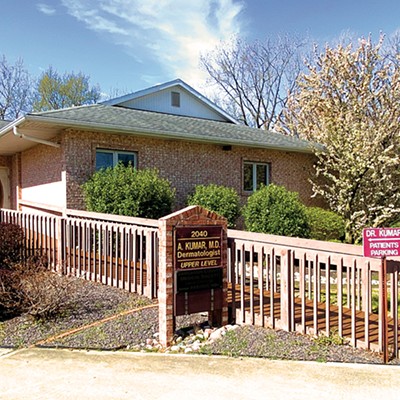Michael Newman has worked for the Illinois Department of Corrections, Wells Fargo Bank, and the Springfield Urban League. All three of those jobs required background checks, which, Newman says, he passed with no problem. So when he applied to the Springfield Fire Department, Newman — a U.S. Navy veteran — felt confident.
“I wasn’t the least bit worried about my ability to pass the test or to perform the job,” he says.
Sure enough, Newman passed the written and physical tests with scores high enough to earn a spot in the top tier of recruits, known as the “A” band under the new banding system adopted by the city in an effort to increase minority representation in the police and fire departments. A few months after he submitted information for his background check, he was sent to St. Louis to undergo a psychological evaluation, which boosted his confidence.
“After I left the [exam] room, I realized it wasn’t something to worry about,” he says.
So Newman was stunned when he received a letter last week informing him he had flunked the background check. Newman — a 30-year-old Springfield native — has no criminal history and says his financial record has passed muster with his current employer, a bank.
“I have no clue, honestly,” he says. “The letter simply states I’ve been disqualified based on my background.”
When he called the city’s human-resources department, he was told that city policy prohibited further explanation. In the past, rejected candidates have had to file lawsuits to discover why they weren’t hired.
Newman’s disqualification means more than just the loss of a job for one man. As the only African-American in the top band of the eligibility list, Newman represented the best chance for SFD to add minorities to its ranks. On a roster of 211 firefighters, SFD now has just three African-Americans — less than 1.5 percent in a city that’s more than 13 percent black.
After initial testing in January, the top two bands of SFD’s hiring list included 71 recruits. These applicants submitted criminal, financial, and employment histories, which were then investigated by SPD detectives. Results were delivered to the civil-service commission for consideration at its July 19 meeting. The three commission members in attendance (two were absent) reviewed the background packets and decided who passed and who failed. Newman, the only black male among 18 candidates in the top band, was rejected.
The second band included three African-American males. The civil service commission approved one and rejected one; the third African- American male is still under consideration, says city spokesperson Ernie Slottag. Even if both become firefighters, SFD’s paltry percentage of blacks may not change, since two of the three black firefighters currently on the job are older than 50 and eligible to retire.
Ken Page, president of the Springfield branch of the National Association for the Advancement of Colored People, says that the situation won’t improve as long as the civil-service commission can’t reveal how these decisions are made.
“Do you have a checklist? Can we see it? Are some things weighted?” he asks. “We have no idea about these processes. This system should be dissected to see what’s wrong. You can never correct a system if no one opens it up.”
Newman says the other African-American male rejected by the civil service commission is a personal friend of his — a man who recently accepted a job driving an armored truck. “He can carry a gun and guard untold sums of money, but not carry a fire hose,” Newman says.
Newman applied to SFD hoping to land “an honorable job,” and says that he was encouraged by the look of pride in his 11-year-old son’s eyes when he announced his intention to become a firefighter.
“The benefits are great and the pay is good, but it would be a great feeling to know that you’re contributing every day that you go to work,” Newman says.
“It is disheartening to be in a city where you grew up and find out you can’t even serve your community.”




















